
Country Director of the World Bank Indonesia.
Jakarta, MINA – World Bank Country Director for Indonesia Rodrigo A. Chaves believes that the middle class holds the key to unlocking the potential of Indonesia.
“It is important for the government to support the growth of this group in all fronts. This includes support to improve the quality of education and skills of the population as well as to promote growth to create more jobs and ensure ample access to social protection,” Antara News reported, citing Chaves in a press statement received here on Monday.
With such support, the middle-class group will grow quickly and push this country and region towards a brighter future.
Following a significant reduction in Indonesia`s poverty rate in the last two decades, one in every five Indonesians now belongs to the middle-class group.
Also Read: Saudi Arabia Wins Bid to Host World Expo 2030
Another 45 percent are part of an aspiring group that are no longer poor or vulnerable to poverty, and members of this “aspiring class” have yet to attain the level of economic security and lifestyle of the middle class.
Some 35 percent of the population remains poor or vulnerable to falling into poverty. Hence, sustained attention is required to provide them greater opportunities to break free from the shackles of poverty while making consistent efforts to expand the middle class, with the agenda of poverty reduction.
The need for efforts to grow the middle class
Today`s middle class constitutes at least 52 million people whose consumption accounts for 43 percent of the total household consumption. A larger middle class will help accelerate consumption growth.
Also Read: 148 Products from Indonesia Promoted at Sarawat Superstore Jeddah
The middle class can also become a strong voice for better governance; provide the tax revenues required for the delivery of public services, such as infrastructure, health, and education; and start businesses that create jobs.
Conversely, if the aspiring group fails to join the middle class, a more polarized and fractious society may result.
A second key message is that helping millions of Indonesians to join the middle class requires creating jobs that pay a middle-class income and equipping workers with the skills needed to take up those jobs.
This means that enhancing the quality of education and skills for all Indonesians is crucial. Growth-enhancing policies related to improving the business environment, including reforming labor laws and reducing restrictions on investment, are also a fundamental ingredient.
Also Read: Packaging Industry Supports Halal Ecosystem
Finally, there also needs to be sufficient access to social insurance to protect this aspiring class from the health and employment shocks that threaten their upward mobility.
Providing high-quality education and the infrastructure required for job-creating growth takes resources.
Meanwhile, World Bank Senior Economist Matthew Wai-Poi called for the need to create a new social contract that meets the needs of all Indonesians.
“This can be achieved when the middle class pays taxes to resource the government, which delivers high-quality public services and drive inclusive growth, which in turn helps the middle class grow and thrive,” Wai-Poi remarked. (T/RS5/RS1)
Also Read: Indonesia-Japan Agree on Energy Transition Cooperation
Mi’raj Islamic News Agency (MINA)





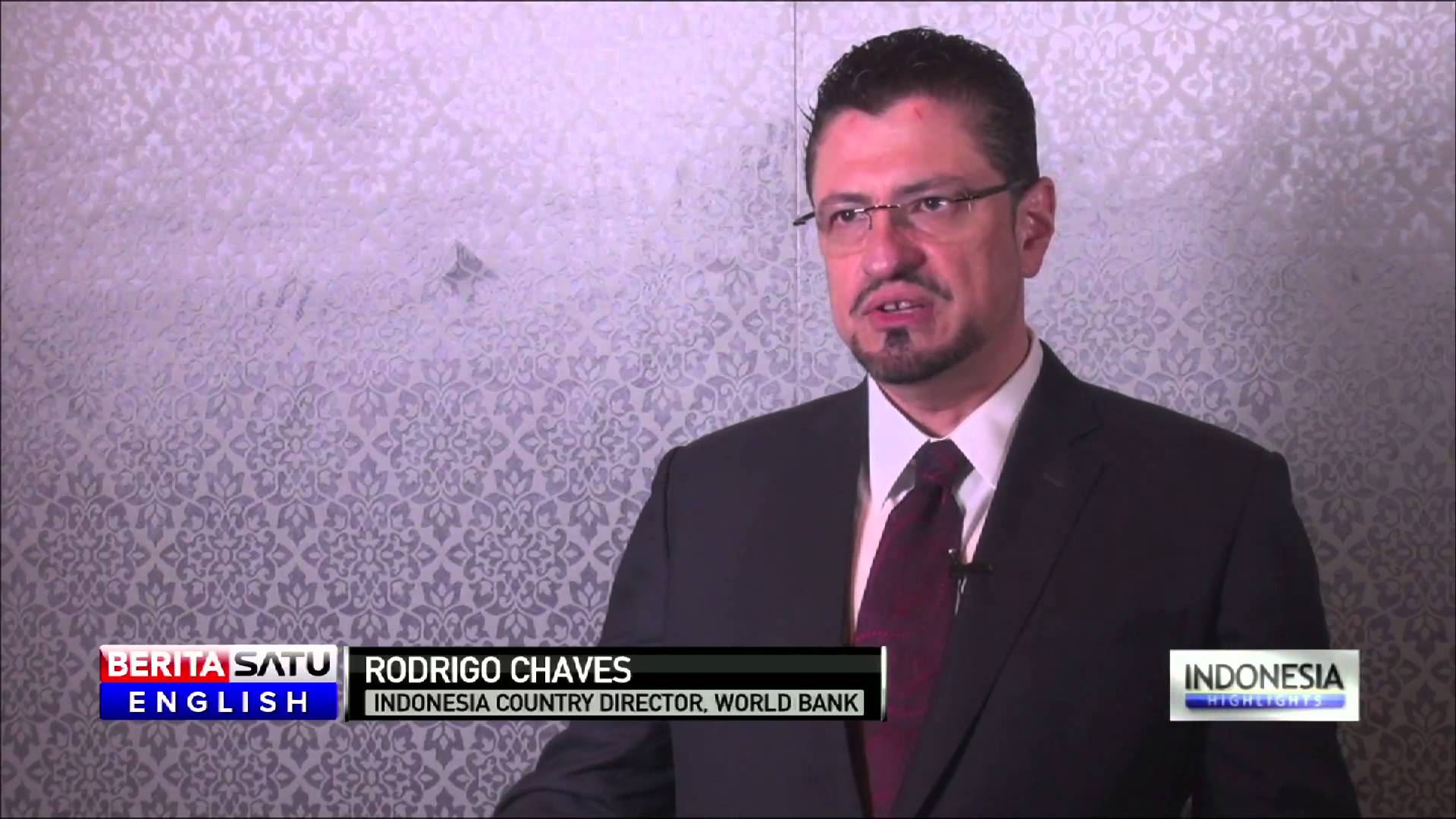






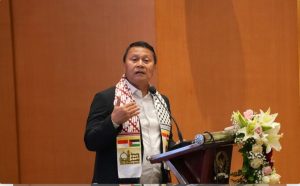
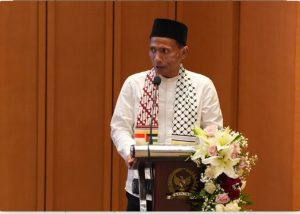




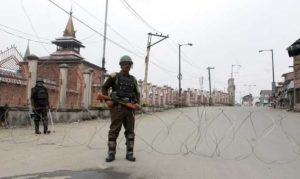





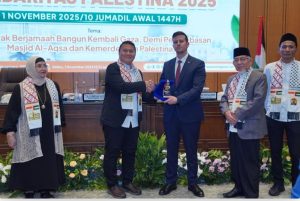

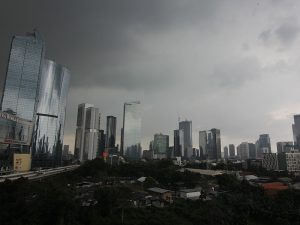




 Mina Indonesia
Mina Indonesia Mina Arabic
Mina Arabic